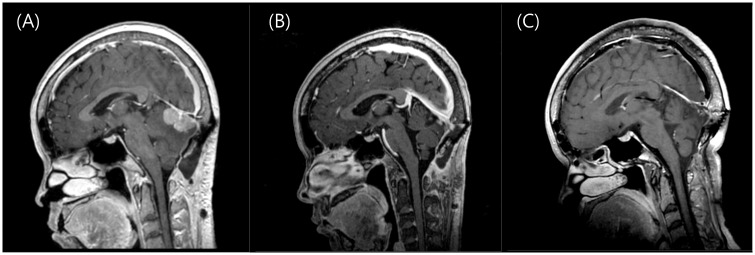Fig 1. Illustrative cases of fractionated radiosurgery for large brain metastases.
A 50-year-old woman was diagnosed with brain metastases 4 years after treatment for breast cancer. She underwent surgical removal at the time of diagnosis. (A) After 6 months she presented with progressive dysarthria, and follow-up MRI showed recurrence. Radiosurgery was performed because of the post-operative recurrence and tumor abutting the transverse sinus. The 16.5 cm3 cerebellar mass with was treated with a marginal dose of 8 Gy targeted to the 50% isodose line in 3 consecutive daily fractions. (B) One month after radiosurgery, the patient started systemic chemotherapy with Capecitabine, and the lesion dramatically decreased, and neurological symptoms also improved. (C) A final follow-up image obtained 27 months after radiosurgery shows that the lesion almost disappeared; the patient was still alive and on Gemcitabine and Cisplatin chemotherapy due to primary disease progression at the time of analysis, which was 30 months after SRS.

